I think I´m that kind of person that tries to find all positive in everything. And as you probably know, in the case of Switzerland, this my characteristic is even doubled. However, there are exceptions and there happen to be places that I’m not really over the moon. One of those places for me was the Museum of Communication. It opened its doors after the refurbishing this August 19th, and we visited it exactly 3 months after its reopening.
We have been two times to the Museum of Communication (you can read about our first visit here), and I have always liked it. Maybe my expectations were high, and maybe that´s why more disappointed I was. However, I do not want to jump ahead and I definitely do not want to put you off from visiting it. My impression of the visit is purely subjective, and if I visited the museum in other circumstances (read below), I dare say that my impressions would be different. I can´t say that much better, but certainly different.
Getting there
If you decide to use the public transport, trams 6, 7 and 8 will take you to Helvetiaplatz. From here, it is about a 3-minute walk to Helvetiastrasse. If you go by car, there is a parking lot directly at the museum, but its capacity is small. You can also park directly on the Helvetiastrasse (on one side of the street there are “blue zones”, but on the other metered parking). We left the car in a nearby metered parking lot at the Kirchenfeld Grammar School (for 2 francs per hour).
3000 Bern, Švýcarsko
The opening hours of the museum are from Tuesday to Sunday from 10 am to 5 pm.
Admission is 15 francs for adults, for children 6-16 years 5 francs.
You can leave your coats in lockers in the corridor that connects the museum and Café Pavillon.
The exhibition
The museum offers a short guided tour every hour. We didn´t take it (which was perhaps a mistake) because we came in the time between them and the children were already dragging us to the main showroom.
The first stop was at the “photo studio”. At the ticket office, each visitor gets a token that can be used to make a nice photo right at the beginning (you can then print your pictures on the floor -2).
However, in the context of communication, I must admit that the exhibition touches on all its elements – including gestures, mimes, but also dressing or misunderstanding in communication (you can watch short sections from films where such misunderstandings occur). On the other hand, I’m not sure if small children will understand the principle of win-win communication and so on.
Children can try to communicate with each other, for example, in moving a ball in the labyrinth, or when navigating the movement of a magnetic pad.
The above-mentioned task is one of the twelve locations of the local mascot of the exhibition – the Ratatösk squirrel. Children will find exciting activities everywhere they see his picture. From the information panel next to the last post on the ground floor, I learned that Ratatösk came from Nordic mythology and was a communicator (message carrier) on the “World Tree” between the dragon sitting at the bottom of the tree and the eagle in its crown.
I am glad that after the redone of the museum, something “old” remained in the form of a pipe mail where children can write and send their message in special cases through pipes running under the ceiling of the hall using the pressured air.
On this floor also begins the exhibition of the history of postal services, including iconic yellow postal cars.
The exhibition on the post continues further down the floor. But before you get to it again, you have to go through a part whose meaning I was missing somehow. In front of the entrance to the “digital era” exposition, there are audio guides available, 30 showcases, the content of which you can learn from the audio guide and in the middle of the room, there is a “central point”, which connects all the information.
The digital era vs. the history of the post
Do you want to know what the first Swiss computer was like? And all about the transfer of information and communication in today’s digital era? Then you came to the right place. Children can try different digital games here, of course, you can’t take them off 🙂
While your children are competing with others on touch screens, you can walk and see the history of postal services. Both in the world (you will learn, for example, where the first postage stamp was created, what meant the invention of the telegraph and Morse´s alphabet) and in Switzerland. From how ancient Romans passed the news on to the territory of today’s Switzerland, through the first Swiss postage stamp to the current post offices.
I was pleasantly surprised to find out that the authors of the exhibition found the history of postal services in pop music 🙂 I have to say sincerely, I was almost crying when I saw on the wall the lyrics of “Return to sender” by Elvis Presley, ofavoritesavourites.
Bright in early next morning, he brought my letter back
Return to sender, address unknown
No such number, no such zone.”
The room where there were previously enlargements of coloured postage stamps is now devoted to communication theory. You can find answers to the 66 questions that are relevant to it on the walls. Sitting in comfortable armchairs, you can read and meditate on the deeper meaning of these answers. Unfortunately, this is not something that would interest smaller children.
The collection of stamps is then hidden in the panels in the last room.
My impressions
I am a kind of person who likes organization and order. That’s why I felt lost in the complete chaos when I entered the exhibition showroom. It made me feel terrific as I didn´t know where to head first. What was probably the main draw of the museum, it was almost a misery for me. Different interactive tasks (of which I did not even know what their meaning was) were also not my cup of tea. Unfortunately, the new conception of installations hasn´t impressed me, nor did the graphics. On the other hand, I enjoyed the exhibition of the history of postal services. Despite my feelings, there is a lot to see and to learn in the museum.
I hope I didn´t put you off from visiting the museum. Maybe if I weren´t so tired from the day before (sadly, planning, organizing and taking part in the sporting events of our children is sometimes challenging – I wrote about it here), I would enjoy the visit more.
Anyway, what I wrote above is still true – we liked the museum very much before the redone, and I was ready to take our visits here if the bad weather doesn´t allow outdoor activities. Now I´d probably search for other options or I would rather take those who have older children (10, maybe 12+).
And what about you? Have you already visited the new exhibition of the Museum of Communication? What do you think?




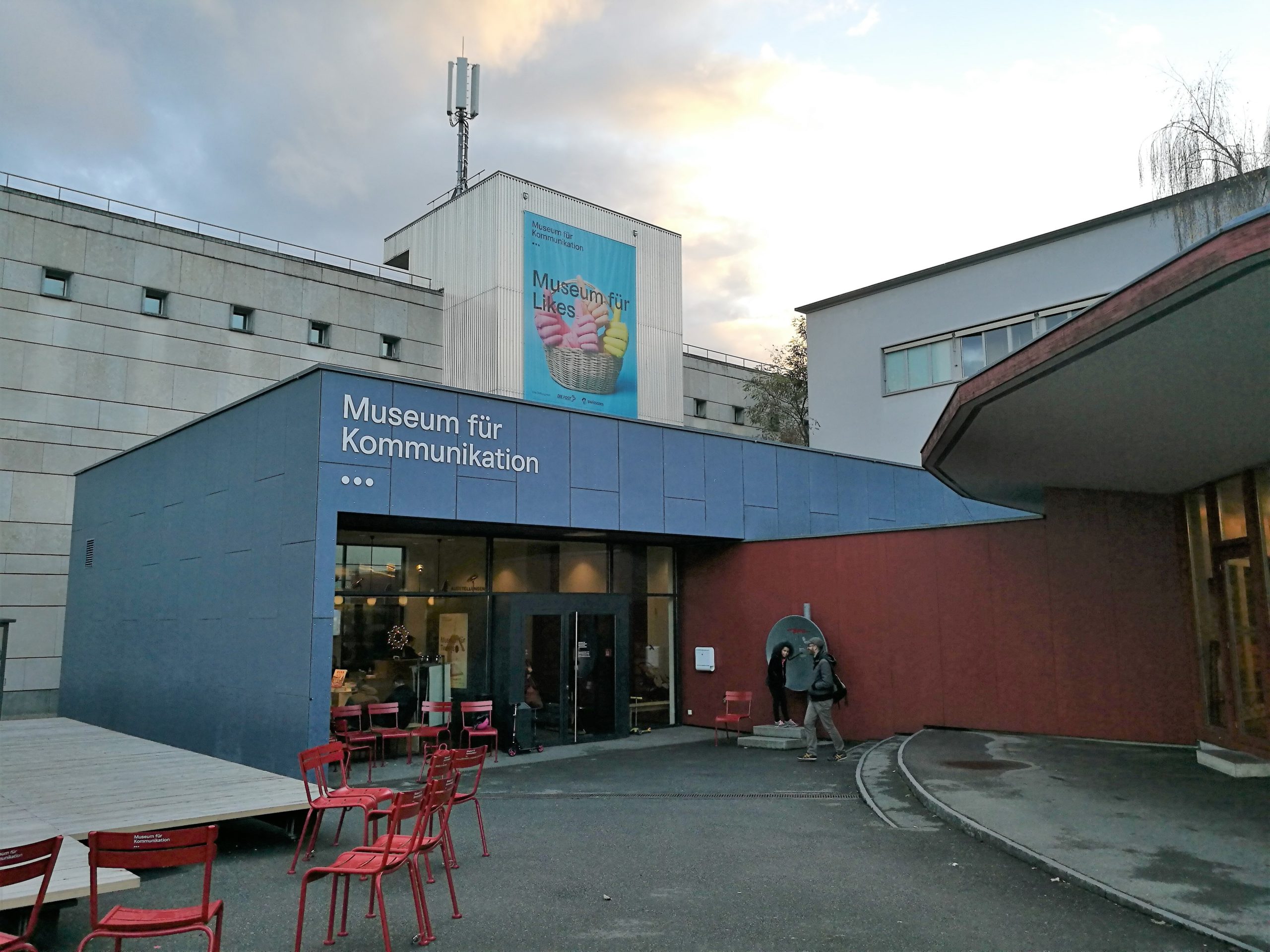
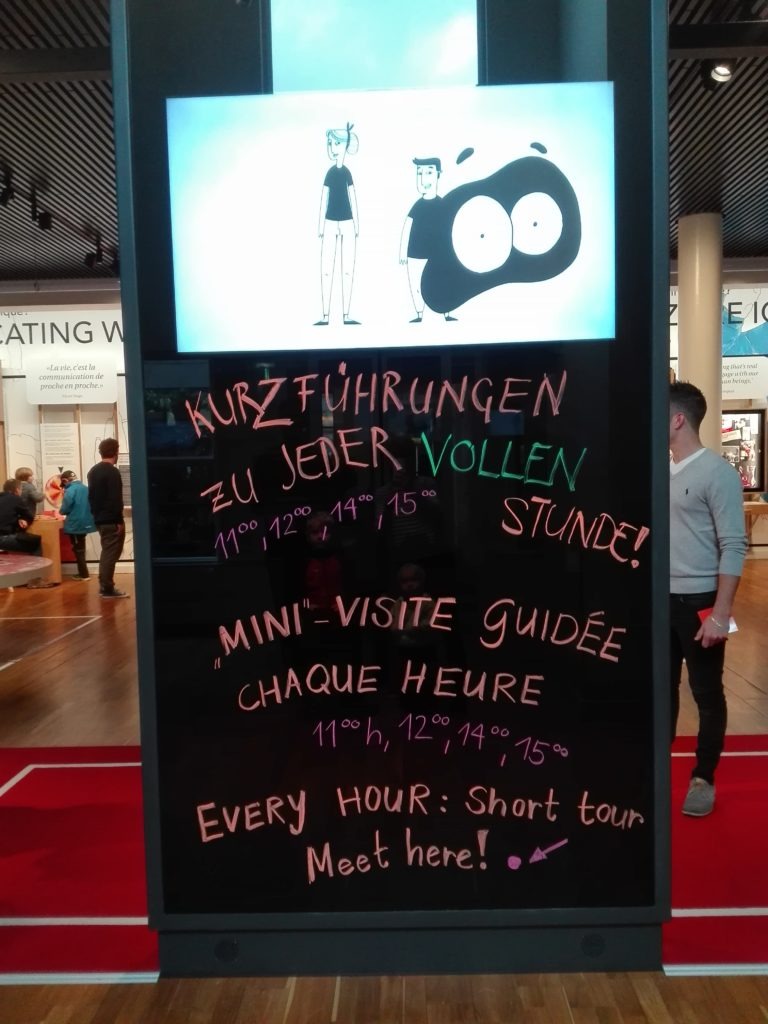
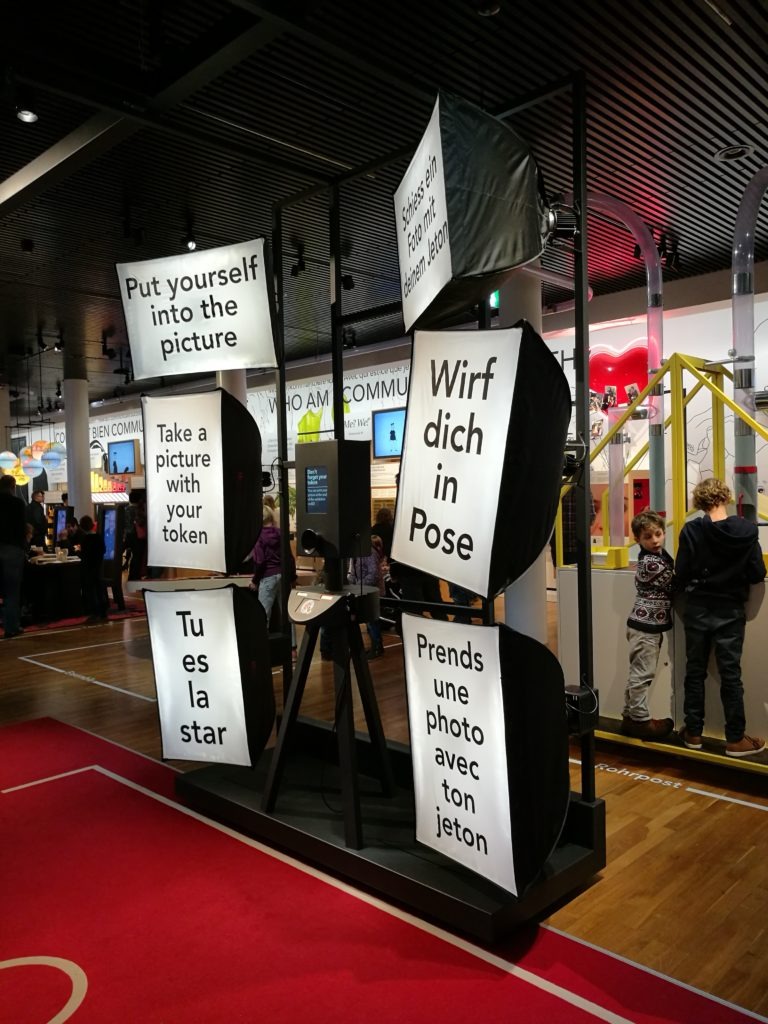
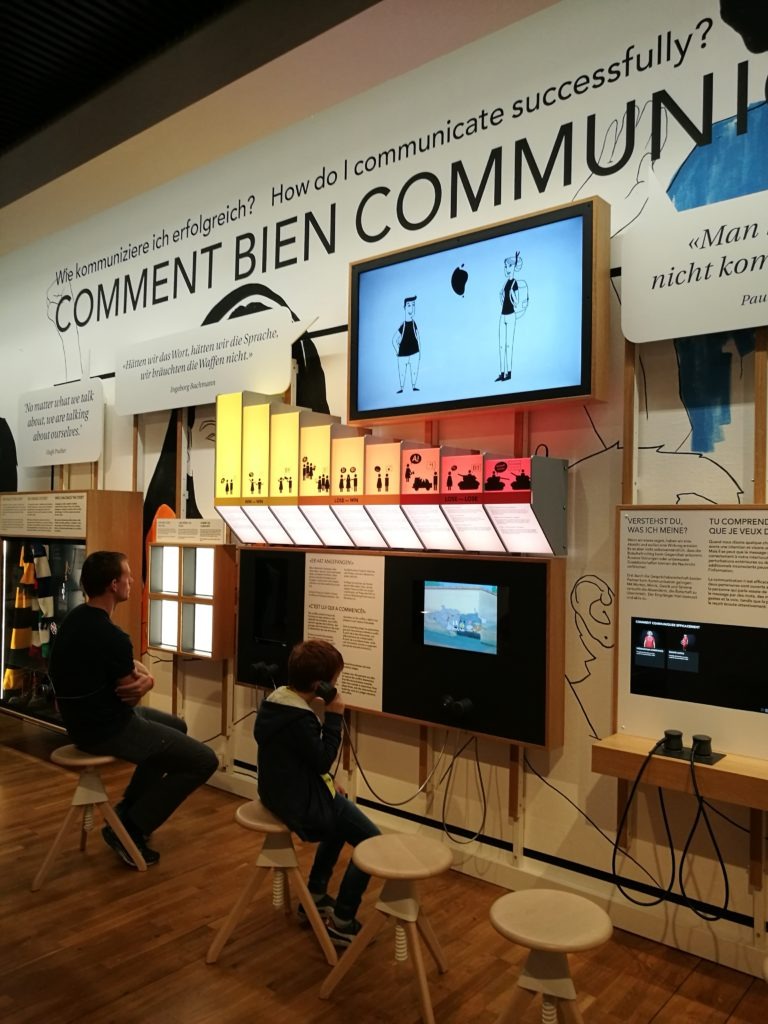
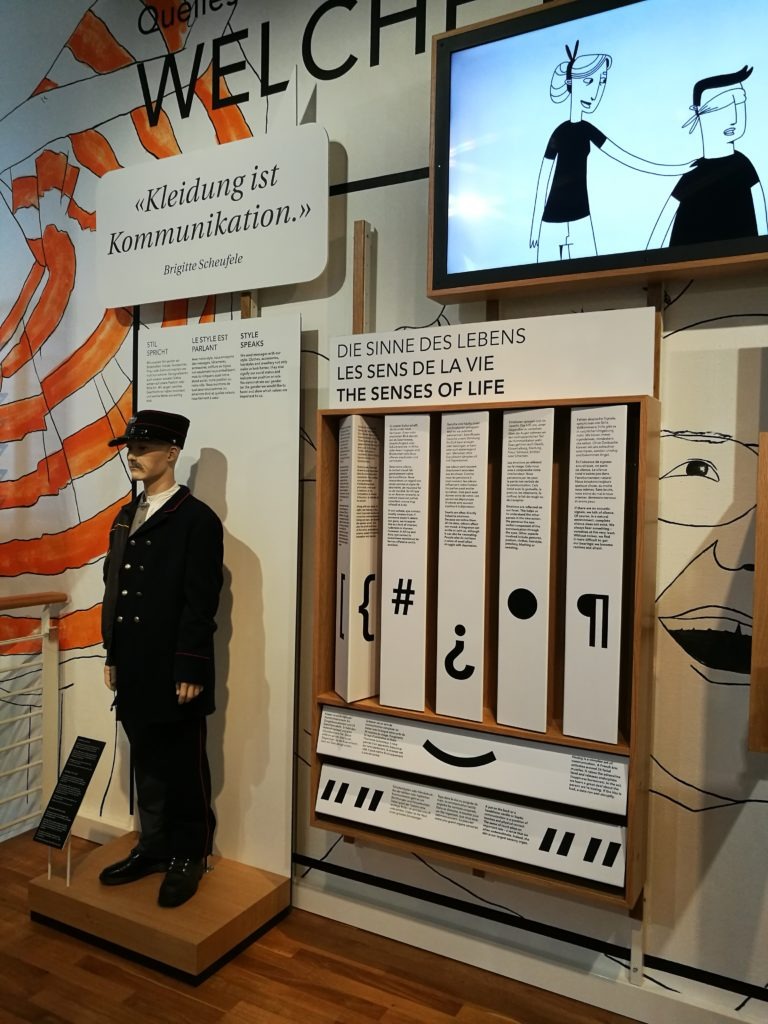
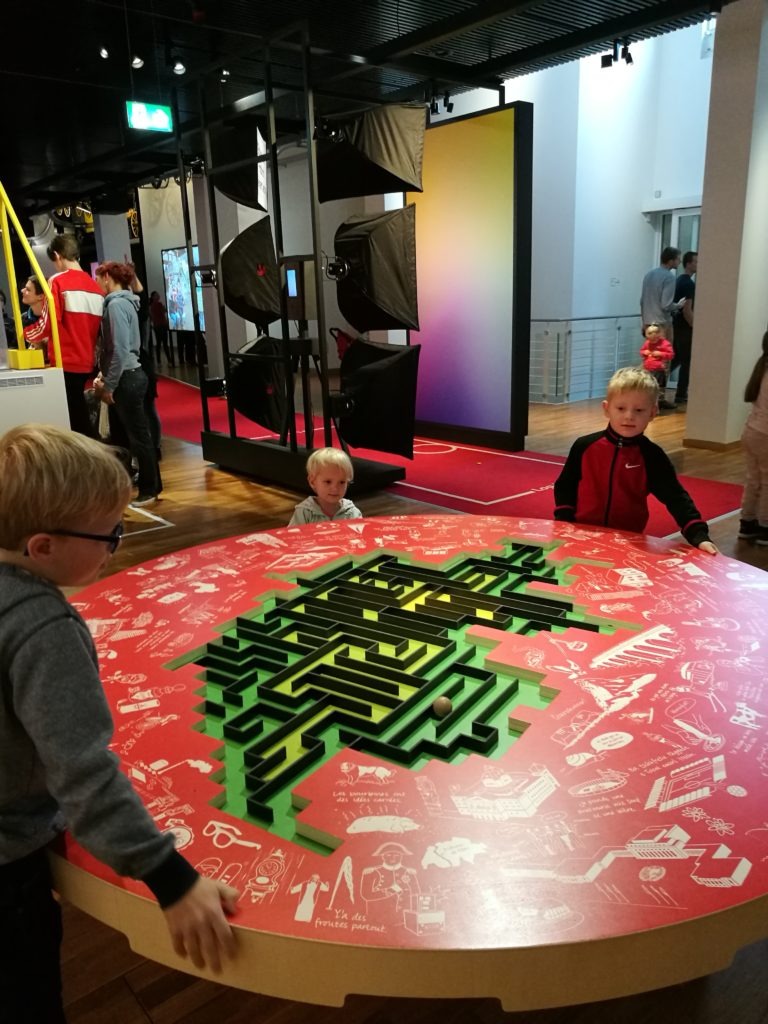
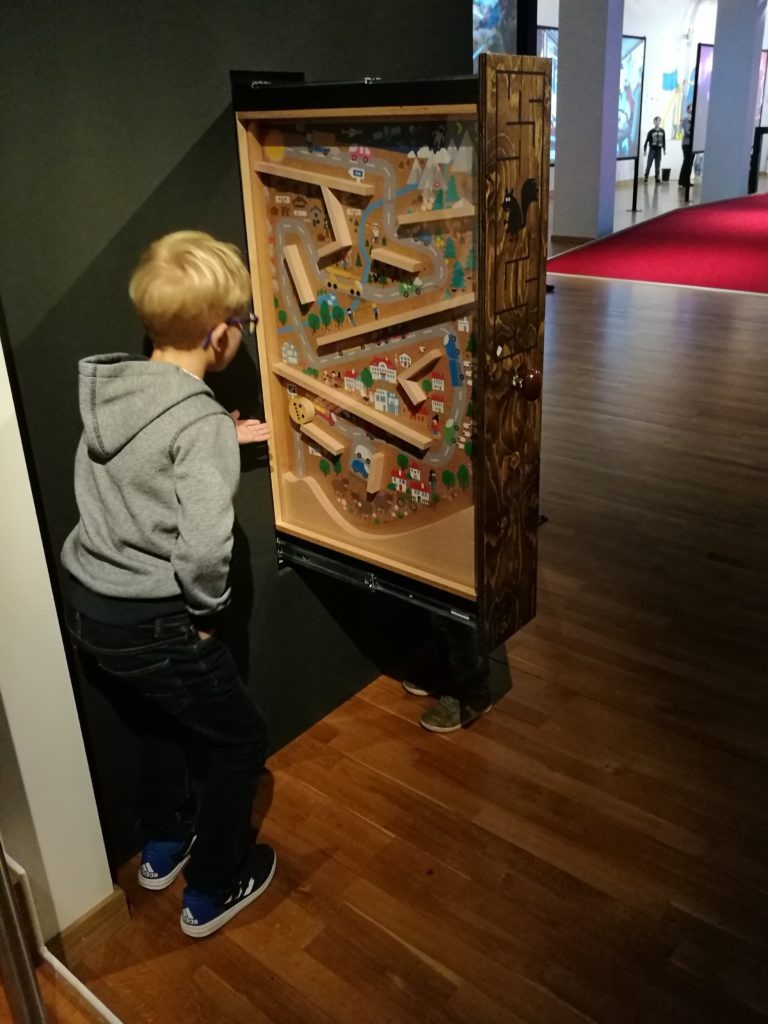
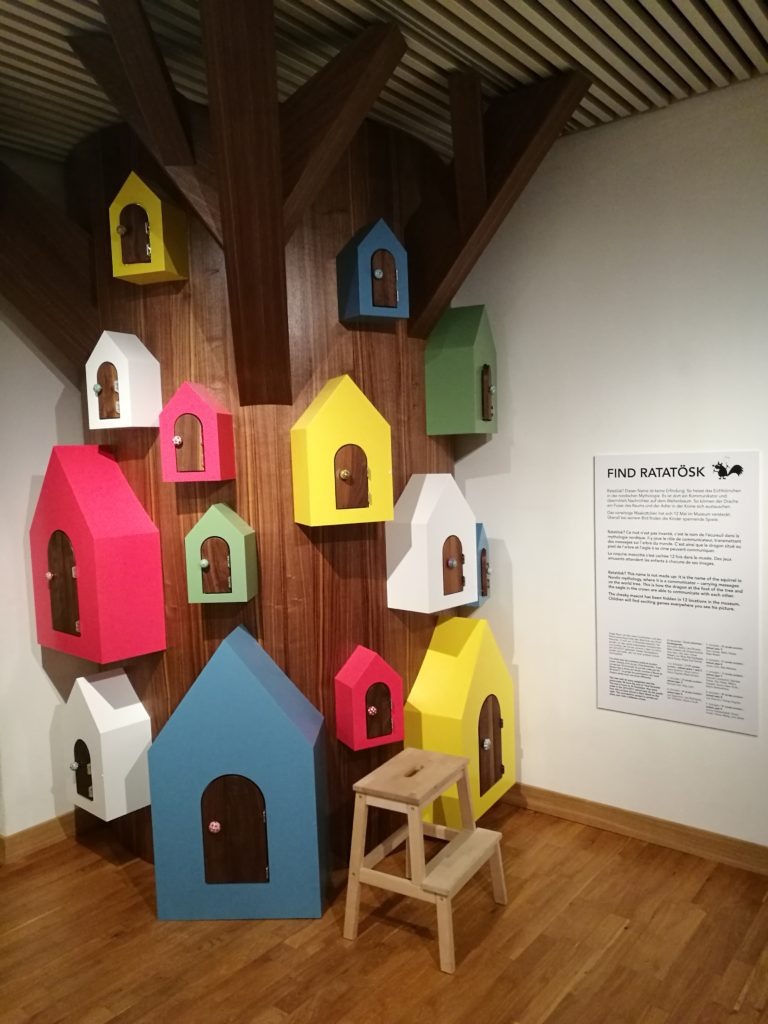
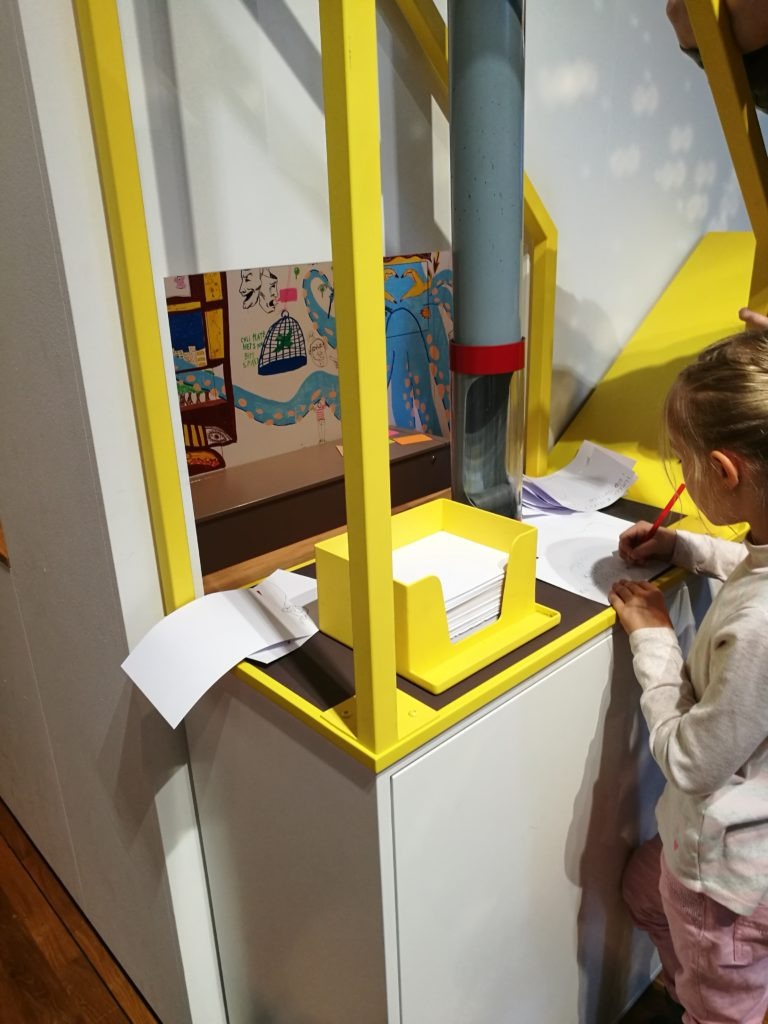
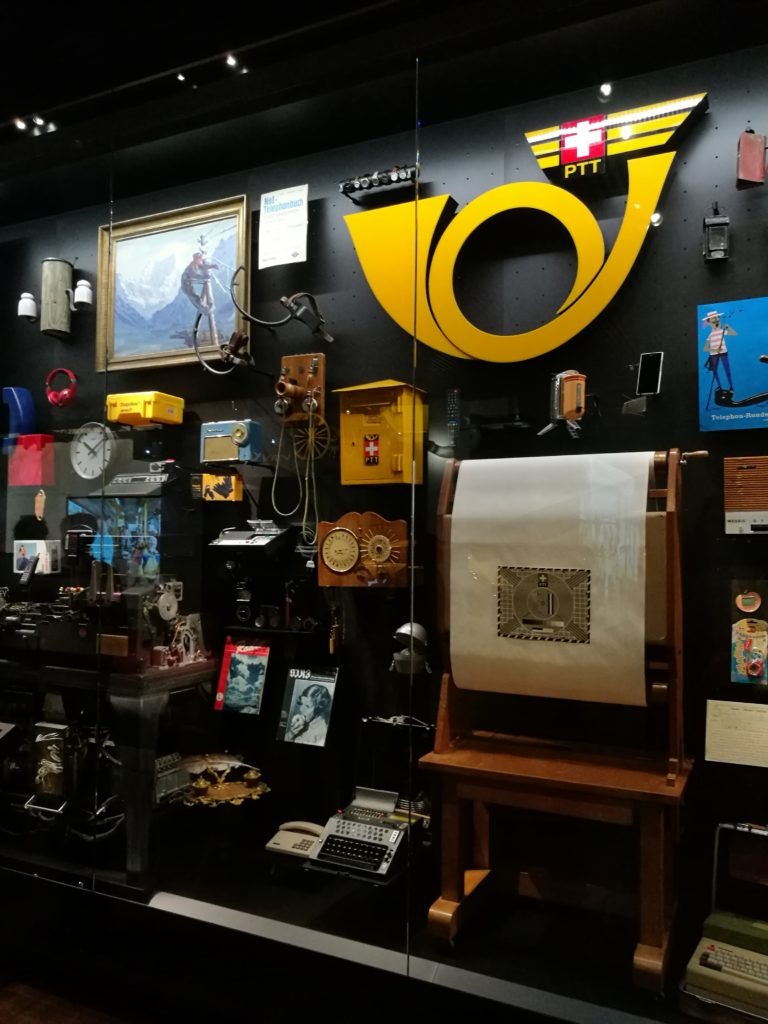
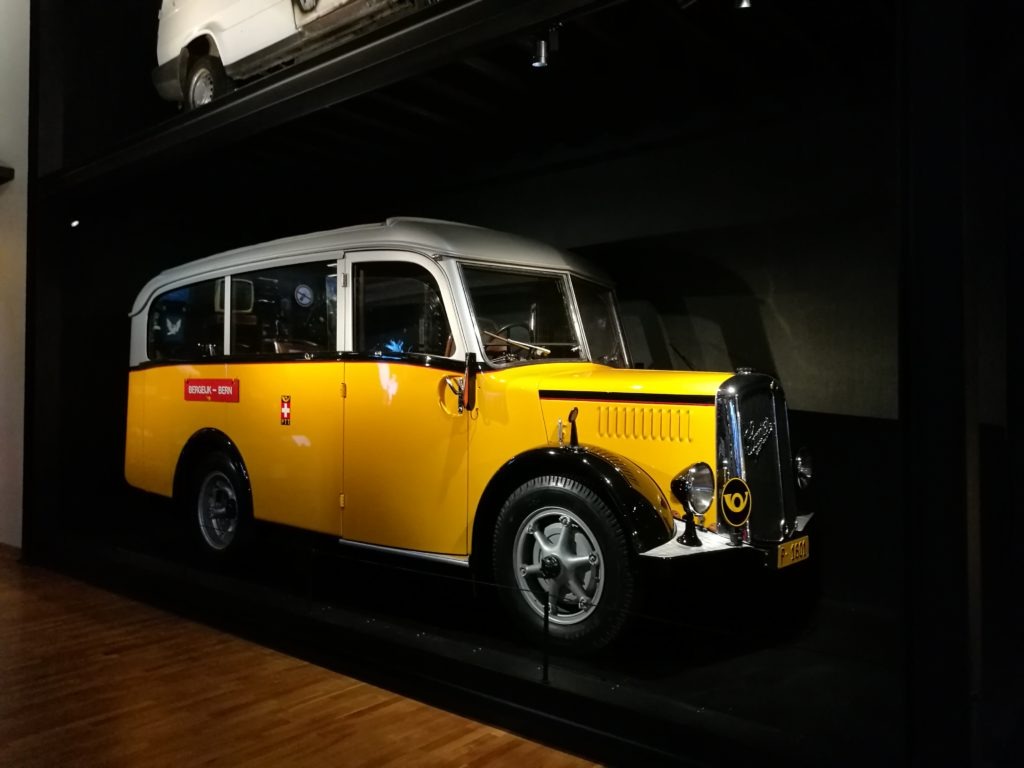
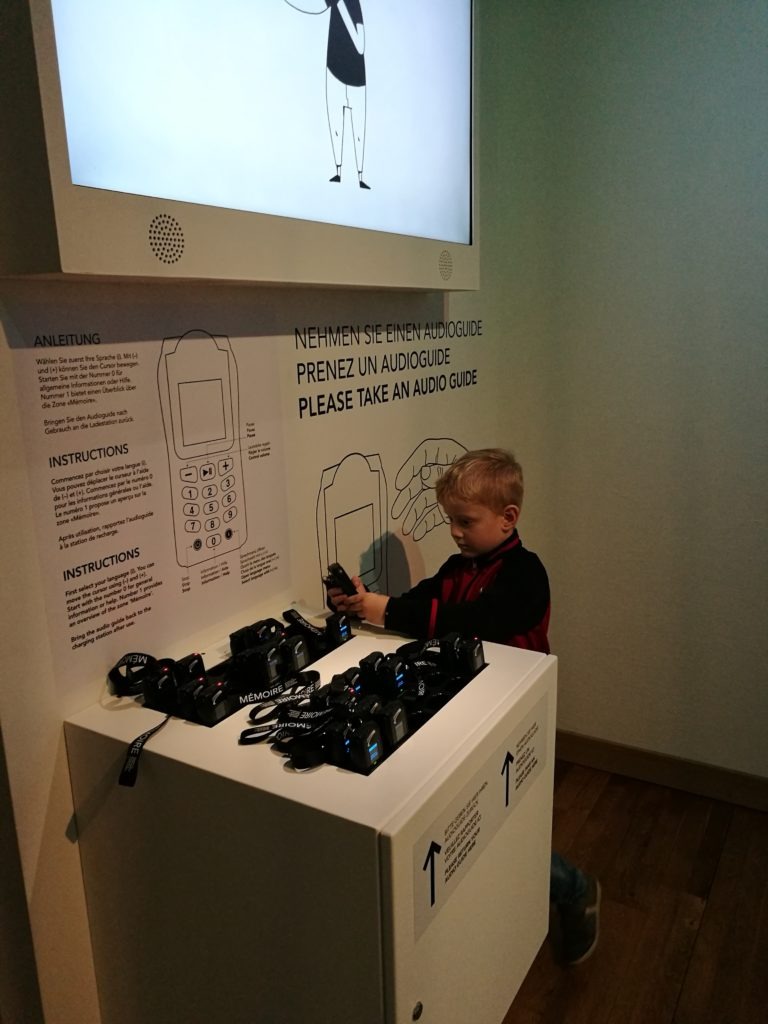
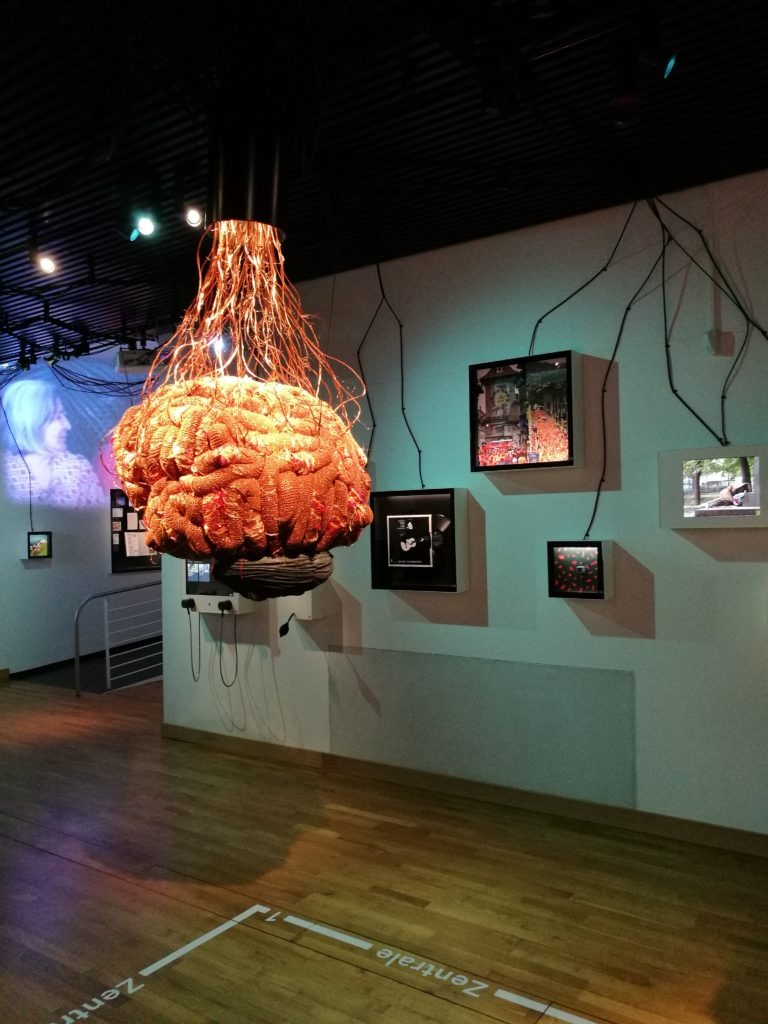
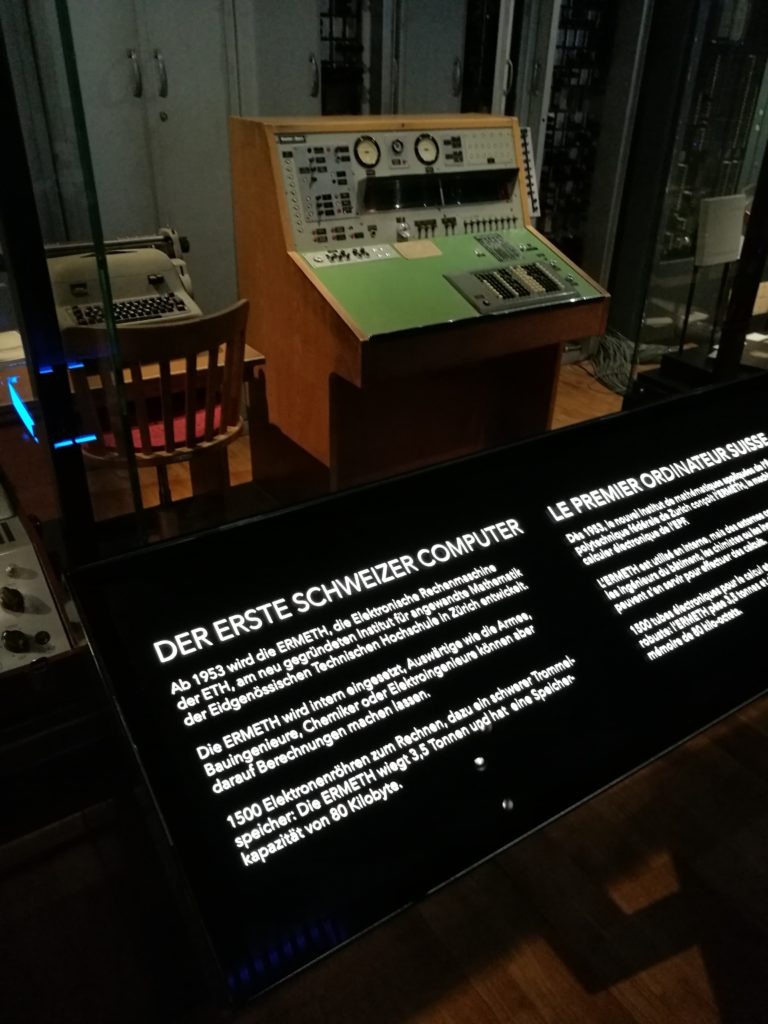
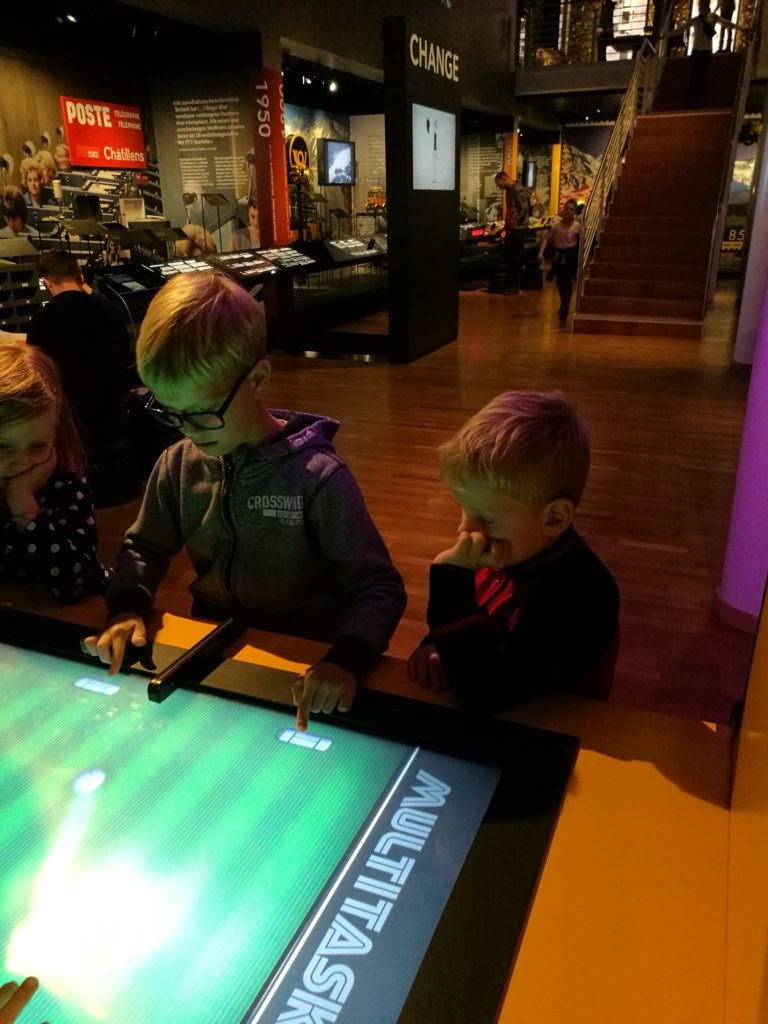
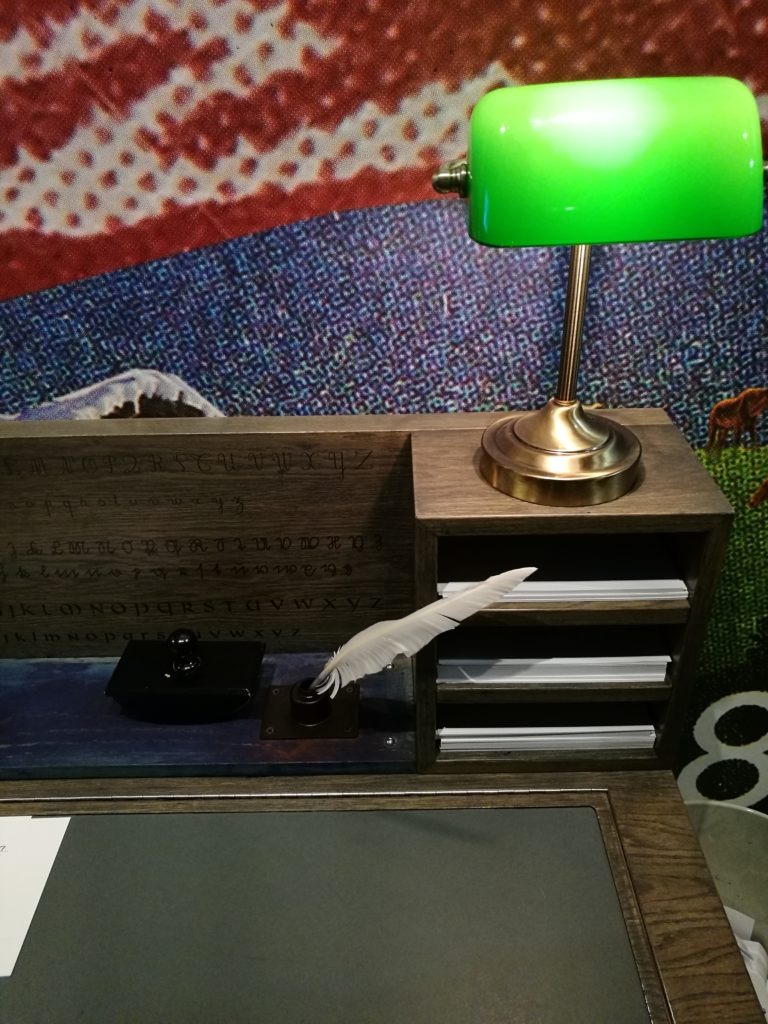
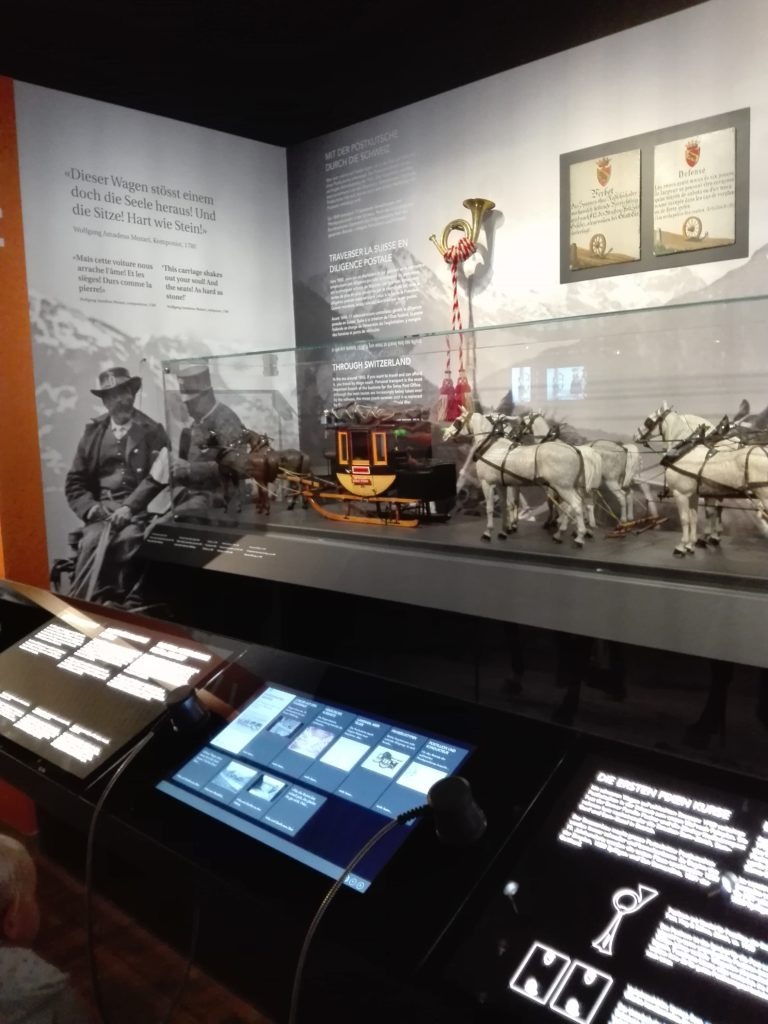
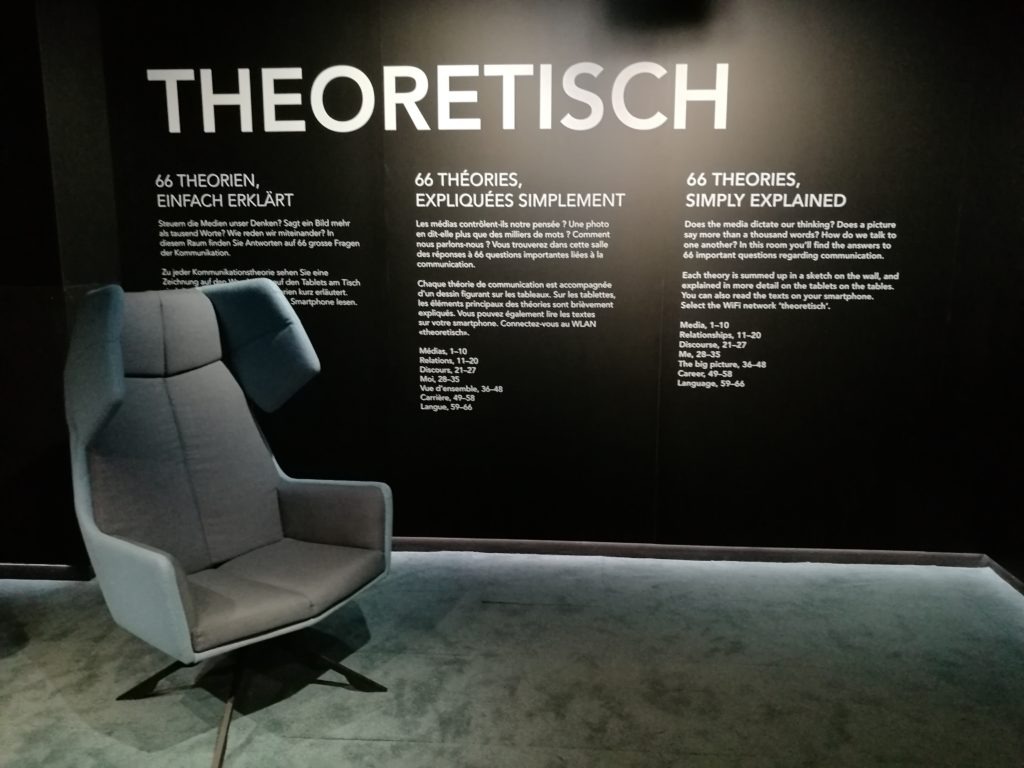
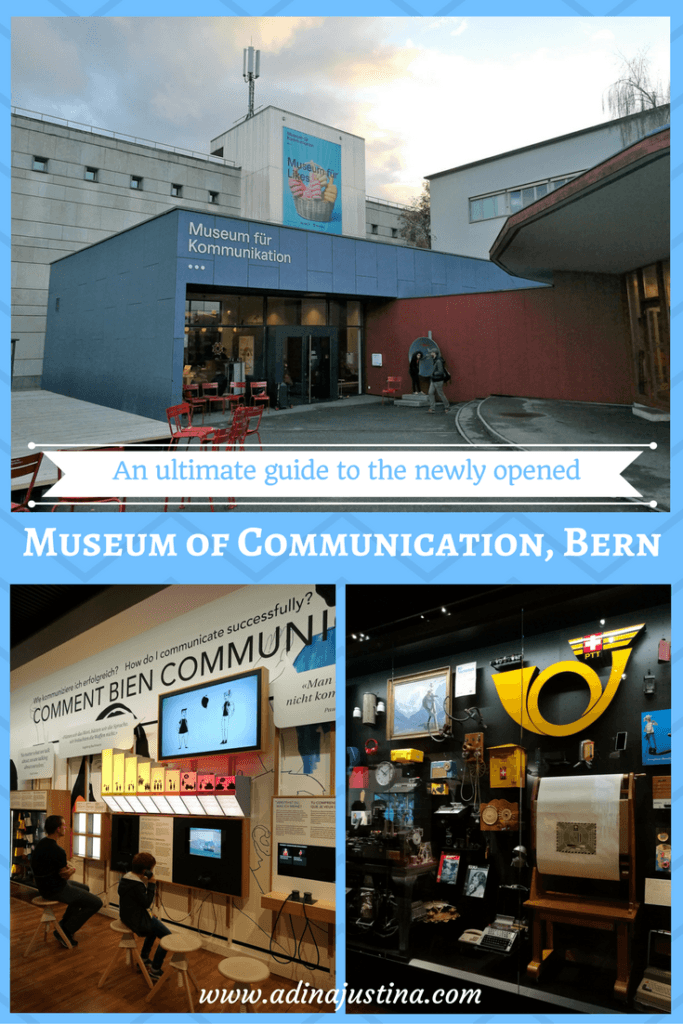
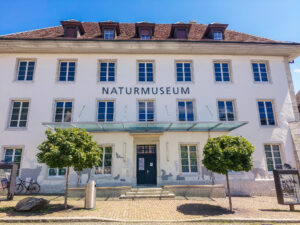


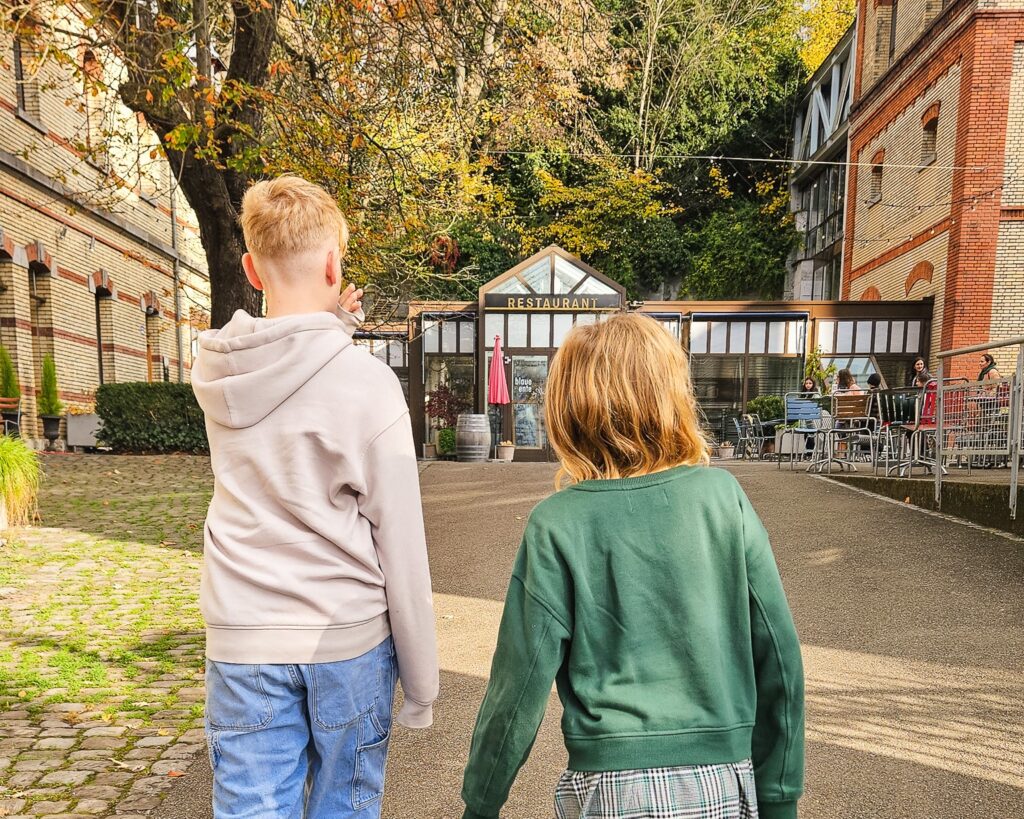
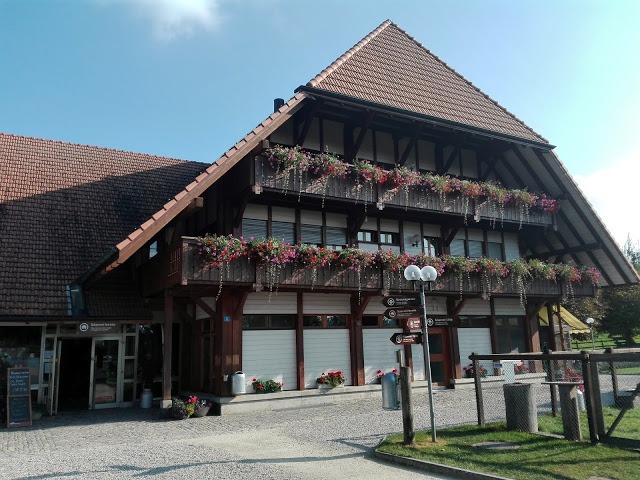
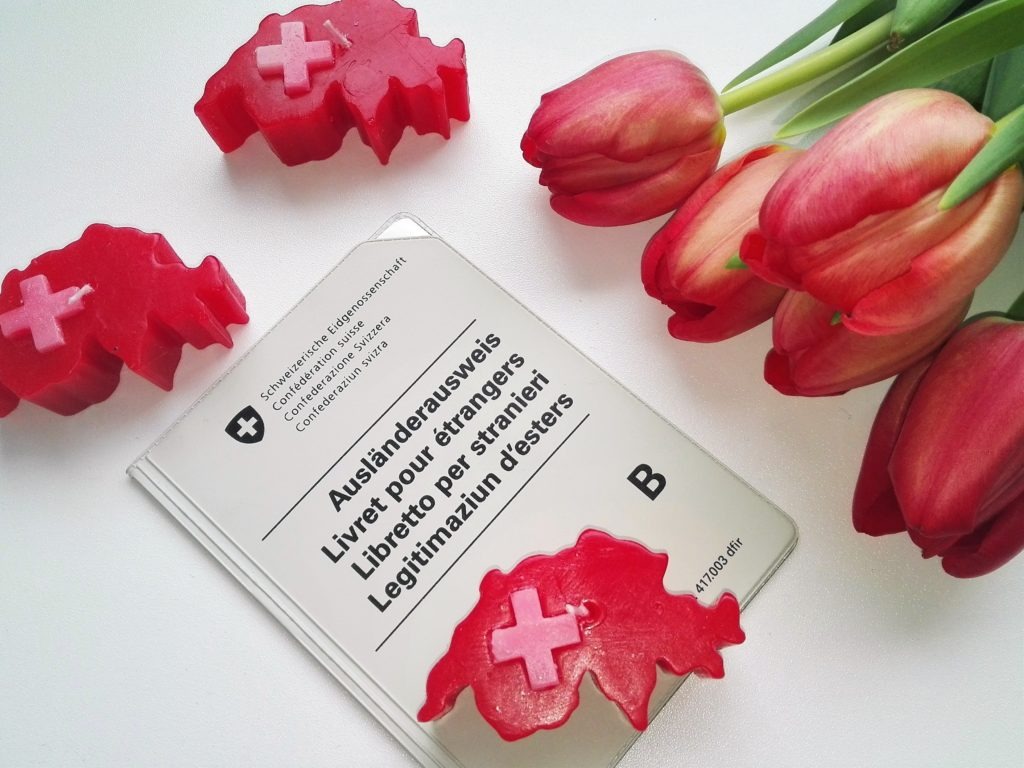

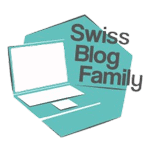


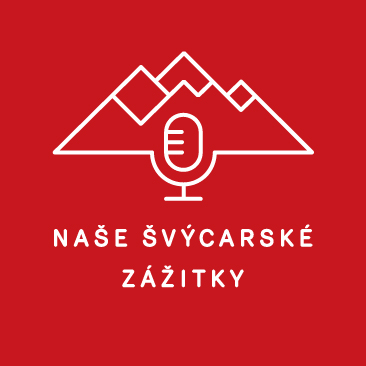
14 Comments. Leave new
I havent visit the old one neither the new one but once my daughter is getting a bit older we will surely go there! How does your kids feel about after the renovation? Perhaps if you go back in a year or so you will enjoy it more…but one cant like everything right?
Well, they expected “the old things” and kept asking for them. But then they enjoyed the new stuff too, so they were quite happy there 🙂
Interesting. I find those free-form museum exhibits a bit bewildering as well! I will wait until my kids are a bit older. I think you’ve been fair!
In case we are still living here when our kids are a bit older, we will visit the museum again – maybe then I change my point of view, who knows? 😉
Hm, what you were describing sounded entertaining and interesting!
Maybe the chaos actually reflected the overwhelming amount and variety of communication in the modern world? Did you have the opportunity to give your feedback to the people in charge of the exhibition? Chances are you are not the only one who felt lost?
I have never been to this museum, so I can’t compare to what it was like before, but I might visit some day!
Well, maybe I´ll give the museum the second try and then I´ll see…
Never had an inclination to visit museums yet alone a museum of communication. But thanks to your description and pictures, we won’t need to pay 15sfr to go in for now haha
Good for you 😀
Sounds like one of those very intense museums that see me exhausted after 15 minutes of running after the kids! I might have to wait too until my kids are older and probably make sure I am very well rested before visiting 😉